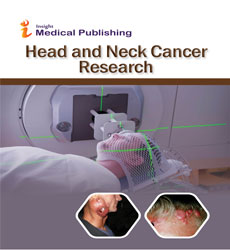Abstract
Acute sinusitis - Treatment & Management of mucolytic agents
The most common etiology of acute rhinosinusitis is a viral infection associated with the common cold. Viral rhinosinusitis is complicated by acute bacterial infection in only 0.5 to 2.0 percent of episodes. The primary goals of management of acute sinusitis are to eradicate the infection, decrease the severity and duration of symptoms, and prevent complications. These goals are achieved through the provision of adequate drainage and appropriate systemic treatment of the likely bacterial pathogens. Several studies and meta-analyses have addressed the efficacy of systemic antibiotics in the treatment of acute rhinosinusitis. Given the difficulty in distinguishing viral from bacterial infection, these studies are complicated by heterogeneity in patient symptoms, underlying etiology, and outcomes of treatment. So the value of antibiotics in the treatment of acute rhinosinusitis is not clear. Mucolytic agents (eg, GeloMyrtol) have the benefit of thinning mucous secretions and improving drainage. They are not, however, commonly used in clinical practice in the treatment of acute sinusitis. We present our differentiated therapy of acute rhinosinusitis which depends on mucolytic agents, topical glucocorticoids and topical decongestants that corresponds to patient needs and avoids antibiotic administration.
Author(s): Thorsten Zehlicke
Abstract | Full-Text | PDF
Share this

Google scholar citation report
Citations : 28
Head and Neck Cancer Research received 28 citations as per google scholar report
Abstracted/Indexed in
- Google Scholar
- JournalTOCs
- China National Knowledge Infrastructure (CNKI)
- WorldCat
- Publons
- Secret Search Engine Labs
Open Access Journals
- Aquaculture & Veterinary Science
- Chemistry & Chemical Sciences
- Clinical Sciences
- Engineering
- General Science
- Genetics & Molecular Biology
- Health Care & Nursing
- Immunology & Microbiology
- Materials Science
- Mathematics & Physics
- Medical Sciences
- Neurology & Psychiatry
- Oncology & Cancer Science
- Pharmaceutical Sciences


